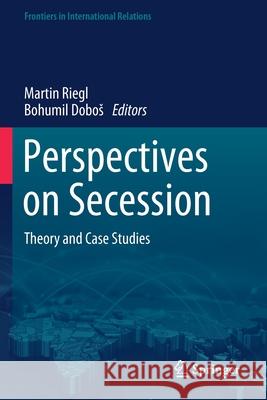Perspectives on Secession: Theory and Case Studies » książka
topmenu
Perspectives on Secession: Theory and Case Studies
ISBN-13: 9783030482763 / Angielski / Miękka / 2021 / 142 str.
Perspectives on Secession: Theory and Case Studies
ISBN-13: 9783030482763 / Angielski / Miękka / 2021 / 142 str.
cena 402,53
(netto: 383,36 VAT: 5%)
Najniższa cena z 30 dni: 385,52
(netto: 383,36 VAT: 5%)
Najniższa cena z 30 dni: 385,52
Termin realizacji zamówienia:
ok. 16-18 dni roboczych.
ok. 16-18 dni roboczych.
Darmowa dostawa!
Kategorie BISAC:
Wydawca:
Springer
Seria wydawnicza:
Język:
Angielski
ISBN-13:
9783030482763
Rok wydania:
2021
Wydanie:
2020
Numer serii:
001087447
Ilość stron:
142
Waga:
0.23 kg
Wymiary:
23.39 x 15.6 x 0.84
Oprawa:
Miękka
Wolumenów:
01
Dodatkowe informacje:
Wydanie ilustrowane











